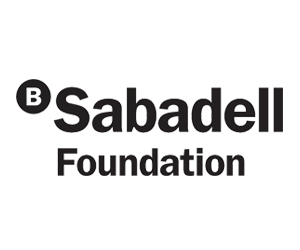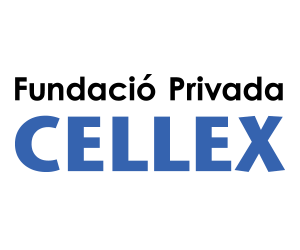
Project overview
BIOSPAD was awarded the BIST Ignite Grant in March 2019 and has received the 2020 BIST Ignite Award.
Diffuse correlation spectroscopy (DCS) and related methods use the statistics of the temporal fluctuations of near-infrared light to non-invasively measure blood flow in deep tissues allowing the estimation of important biomarkers tissue pathophysiology in applications such as the functional brain monitoring, neuro-intensive care monitoring, characterization of cancers and the evaluation of muscle injury and fatigue. This non-invasive technique enabled a growing number of biomedical and clinical applications. However, in order to fully exploit the potential benefits of DCS in the clinical area it is critical to develop more advanced instrumentation. The project aims to explore the usage of a new generation of sensors as single photon avalanche detectors to overcome the shortcomings of the present state of the art technologies. These sensors will be specifically designed for DCS, targeting a monolithic multi-channel detector with small pixel sizes fabricated using a commercial technology. Compared to the single channel avalanche diodes used currently in DCS, the proposed new generation of sensors will pave the way for future wearable implementations.
Multidisciplinarity within BIOSPAD
The project aims to develop a new generation of single-photon avalanche photodiode (SPAD) arrays i specifically designed for diffuse correlation spectroscopy (DCS). While ICFO has pioneered the DCS technique and its clinical applications in collaboration with clinicians worldwide, IFAE has designed, produced and characterized new avalanche detectors for high energy physics.
Thus, the success of the project naturally relies on a deep synergy between the groups to produce a new generation of cost effective detectors capable of entering the consumer and clinical use. With the requirements dictated by ICFO, IFAE will be responsible for the sensor design and launching the fabrication of the CMOS sensors. The tasks of designing a readout system will be shared between the two centers, as well as the initial tests and characterization, which will carried out at IFAE. ICFO will characterize the device for DCS use using tissue simulating phantoms, and if successful, in basic in vivo tests after tackling the critical issue of interfacing the device with the subject skin. Personnel from both institutions will participate in this activity. Thus cross fertilization is a natural part of the proposal, since most of the steps need the expertise of both centers. The close collaboration will be highly beneficial for the institutions, ICFO will gain insight about the development of novel instrumentation for photon detection, while IFAE researchers will learn about the instrumentation needs in the growing field of biomedical optics.
More information about BIOSPAD, including an updated abstract as of January 2020 can be downloaded below:
Project members

Sebastian Grinstein
Project Leader
Group leader at IFAE

Turgut Durduran
Project Leader
Group Leader at ICFO

Raimon Casanova
Engineer at IFAE

Stefano Terzo
Postdoctoral Researcher at IFAE

Tanja Dragojevic
PhD student at ICFO

Marco Pagliazzi
Postdoctoral Researcher at ICFO

Vagelis Gkougkousis
Postdoctoral Researcher at IFAE

Fabian Förster
PhD student at IFAE













